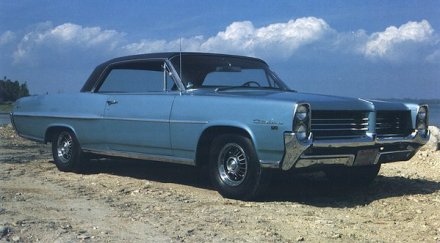
I Am Passenger; He Is Driver
by Shannon Milliman
I am passenger. He is driver. He is scheduled to test for his driver’s license.
He has asked if he could drive the two-hour route, mostly freeway
And with light waning into hours of darkness.
I told him yes, he could drive but every cell in my being wanted to say no.
I am still waiting for the moment when the gift of agency
Feels triumphant.
Do you know what it is like to give up control in the seat of the driver?
To have uncertainty that the flesh and blood in your male mirror image has the practice and mental agility to drive in City conditions at night getting his sister and mother and self to safety?
In my mind I whisper that he wants to preserve himself, too.
There is no reason he would want to fail in this endeavor. He is equally vested in safety.
Is this faith? Is it the opposite of fear?
I breathe. I tell myself to breathe. I remind myself of the mechanics of what it takes.
Fill these balloon vessels with oxygen.
I remember when his balloon vessels first filled with air and he cried,
Arriving on planet earth, little, tiny 5 lbs. 14 ounce Moses, We gave him a name and a blessing
To live up to.
A name that assured he could do the impossible.
He could part waters.
He could drive us to Astoria, Oregon.
I hid my two hands, which stressed and wrangling one another like two chickens in a cock fight. I hid them in my husband’s blue knit FedEx cap.
I can’t believe Simon has kept this hat that long.
He worked at FedEx when Moses was about 2 years old.
I remember Moses rambling off on his own.
Slow to speak, quick to think, this little guy had a mission and left the safe quarters of our apartment complex and pitter-pattered his little patent leather shoes
All the way to the edge of busy thoroughfare, Glisan Street.
A police officer and a man swooped this toddling two-year-old up
And asked him where he should be. No words. He pointed home.
I did not even know he was missing.
Adrianna, his next youngest sister, was a newborn.
I had birthed my first anxiety attack wherein I thought I was dying.
Three was infinitely more children than two.
Embarrassed that I did not know my son was on the verge of death
And simultaneously grateful he was safe home with a stranger’s help.
All this while Simon worked at Fed Ex wearing the cap
Now on my hands hiding my presumptive grief when we all crashed and died.
We might make it
To Gnat Creek Campground where there are only four campsites,
First come, first served, it is a January Friday night.
How many suckers out there would brave the cold?
The odds are ever in our favor.
Moses had cheated death before.
Please may he cheat it for all of us once more?
I could imagine the three of us,
Rainbow age eleven, me age forty, and Moses age sixteen, setting up camp.
I watched Moses gather lint from the car and tinder
From the wrapped towel he brought along with plum hardwood
Trimmed from the tree in our backyard.
We let it dry by the radiator in Simon’s music studio for three days
But before that it was outside in a Pacific Northwest winter so who knows.
If you watch well enough the meandering road
And if you shift your weight enough,
And grip the rubber handlebar tight enough
And remind yourself to breathe,
You will breathe
And you will get there.
And there we were, us three around that fire,
Safely roasting a marshmallow
And smashing it next to a graham cracker
And a Symphony bar square.
Oh, the mellowness of chocolate melting in my mouth.
Safe, secure, together.
When we pull into the gravel campground
And find out we are the only people there
I look up at the infirmary of stars.
I had prayed heavenward.
God, please protect my little man child.
Were they blessing my boy Moses?
Leading him like they led the wise men to the Christ Child?
I tell my Moses I am sorry
I hesitated to let him drive,
That he did an excellent job.
He did.
His pace was steady,
His switching of lanes confident.
It is so easy to say sorry afterwards and so much harder to trust him when necessary.
Why, oh, why was it so, so, so, scary?
PHOTO: Crossroads by Ehrif, used by permission.

ABOUT THE AUTHOR: Shannon Milliman is a playwright and performer who has performed her autobiographical, one-woman play, Not So Supernova, about the jagged edges of motherhood and marriage in Oregon, Alaska, Pennsylvania, and Idaho. She is writing her grandparents’ life story and has studied memoir at the Attic Institute (Portland, Oregon) and holds a Bachelor of Arts degree in English from Brigham Young University. Shannon has five children, a musician husband and is a Certified Professional in Talent Development and works as a Benefits, Disability, Leave Services Trainer at Amazon. Visit her at shannonmillman.com, and on Facebook, Instagram, Twitter, Linkedin, Youtube, and applepodcasts.








 ABOUT THE AUTHOR:
ABOUT THE AUTHOR:













